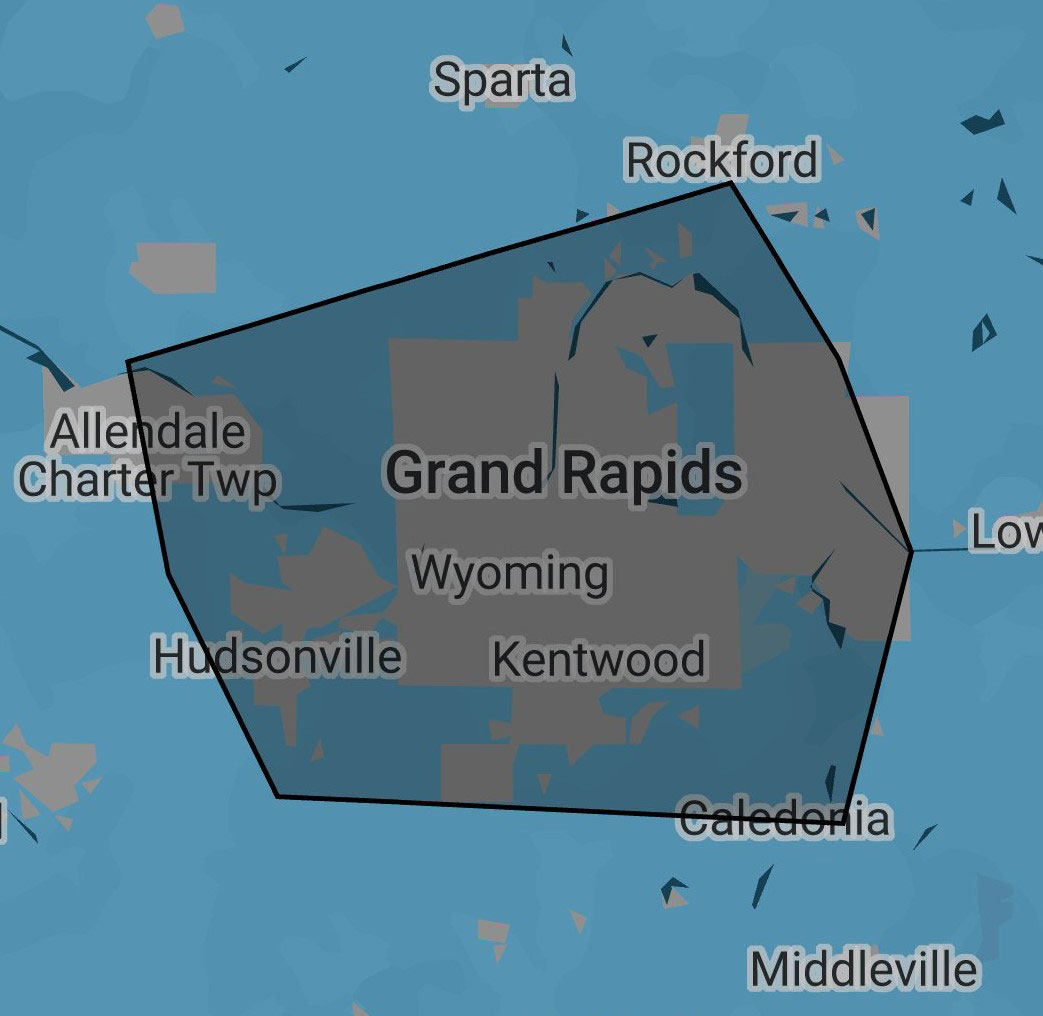
Navigating the Shifting Landscape of Language: Living with Dementia
Dementia, an umbrella term that covers numerous conditions where the brain has experienced damage or injury, can have a profound impact on a person’s life, and communication is often one of the first areas affected. Witnessing these changes can be frustrating and heartbreaking for both the person with dementia and their loved ones. However, understanding the nature of these shifts and adapting communication strategies can help maintain connection and foster a sense of well-being.
The Landscape of Language Loss:
Dementia affects the brain regions responsible for language processing, leading to various communication difficulties. One common challenge is word-finding difficulty or anomia, where finding the right word can become a struggle. They might use related terms (“book” instead of “newspaper”) or describe things rather that use the word (“the thing you sit on” instead of “chair”). In some cases, individuals might become frustrated and unable to retrieve any word at all.
Another challenge is altered sentence structure or grammar, leading to fragmented sentences or incorrect word order. They might also misuse or misunderstand words, leading to confusion or frustration. Additionally, some individuals with dementia, particularly those with Frontotemporal dementia (FTD), might experience fluent aphasia, where they speak fluently but their speech lacks meaning or coherence.
Building Bridges of Communication:
It’s crucial to remember that these changes are not intentional and stem from the underlying disease process. Here are some strategies to navigate these shifting communication shores:
- Be patient and understanding: Recognize the effort behind every attempt to communicate. Maintain a calm and reassuring tone, avoiding frustration or impatience.
- Focus on meaning, not perfection: Don’t prioritize correcting every word or phrase. Instead, focus on understanding the message they are trying to convey.
- Offer choices and prompts: Instead of open-ended questions, offer a limited set of options to help them choose the right word. For example, instead of “What would you like for breakfast?”, ask, “Would you like cereal or toast?”
- Use simple language: Short sentences, clear pronunciation, and familiar words can make understanding easier.
- Communicate non-verbally: Use gestures, facial expressions, pictures, and objects to supplement verbal communication. This can be particularly helpful when words fail them.
- Validate their feelings: Acknowledge their frustration and show empathy. Let them know you understand the challenges they face.
- Celebrate small victories: Cherish each successful communication exchange, no matter how small. This positive reinforcement can encourage continued communication attempts.
Remember, communication is a two-way street. While adapting your communication style is crucial, creating a supportive and encouraging environment is equally important. This includes listening actively, showing patience, and avoiding correcting or criticizing them in a way that could be hurtful. Leaves Personal Caregivers have training and experience in helping people living with language changes and their loved ones navigate this shifting landscape.
Living with dementia presents unique challenges, but by understanding the changes in language and adapting our communication approach, we can maintain connection and support our loved ones on their journey. Additionally, seeking support from professionals like speech-language pathologists can offer valuable guidance and strategies to navigate these communication changes. Remember, even when words fail us, the connection between us remains.
Talk to us.
The Leaves Difference
Our Service Area

